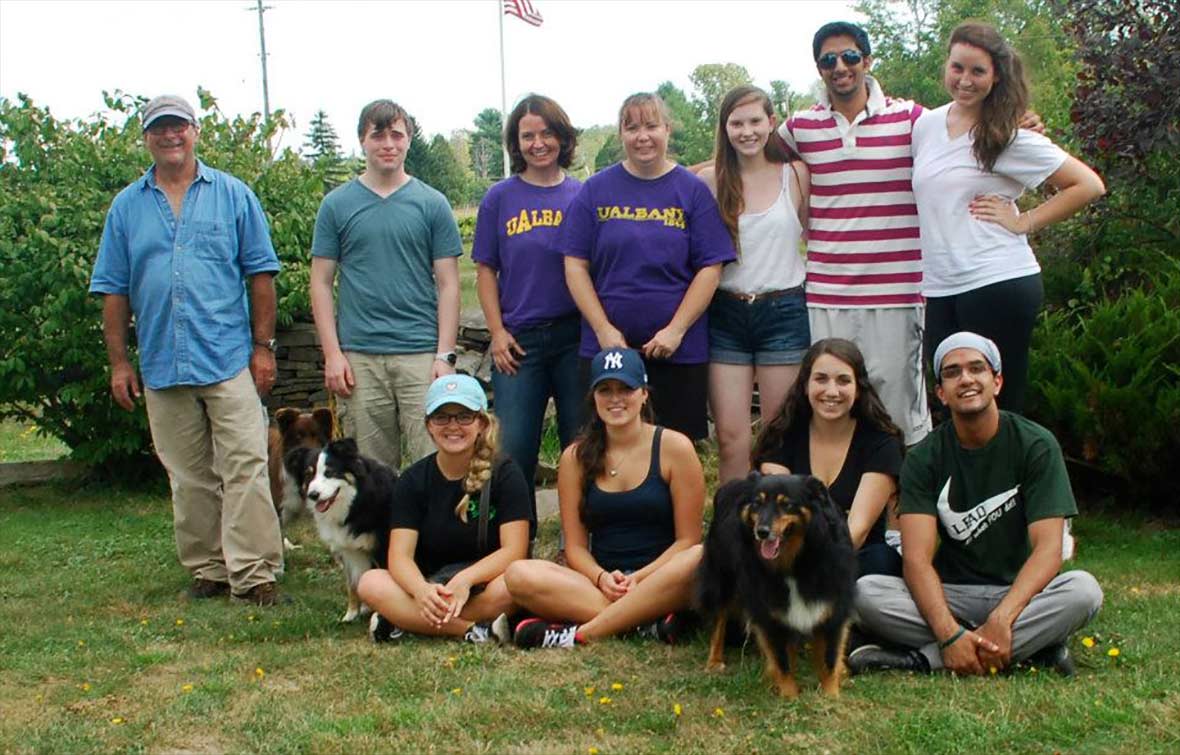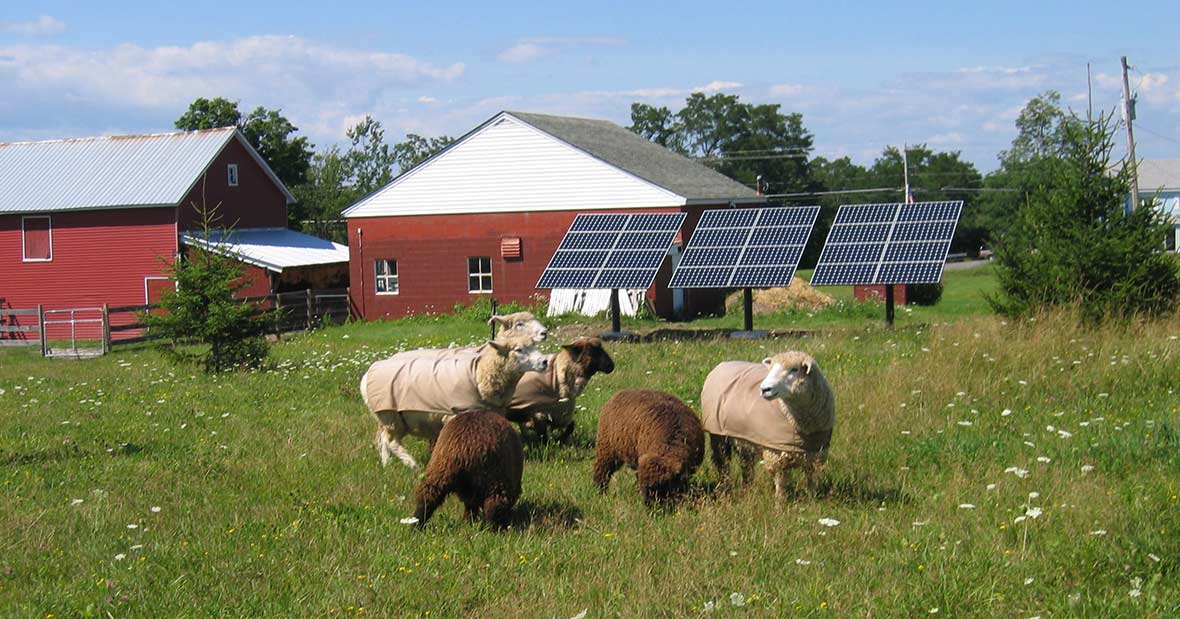The Triple Bottom-Line
We believe deeply in the farmers’ philosophy of the triple bottom line. Profit alone is not the reason we farm. It is not our only “bottom line.” Instead, we have three bottom lines. Certainly, we couldn’t farm if we were not profitable. But caring for our land and resources, and ethical behavior, both on the farm and in the market are equally important.
Nature guides our farming. We use natural manures and composts in our pastures and gardens. Our sheep eat a grass-based diet. They graze in the high grass, obviating the need for mowing. The sheep aggregate densely, just like bison in Yellowstone and wildebeest in the Serengeti. And they move often, just like their wild cousins. Our laying chickens, uncrowded and free ranging, follow the sheep in their rotation around the pasture. Again, this mimics the natural relationship between wild grazers and birds. The layers produce wonderful eggs in return for their free ranging, grass-based lifestyle.
Our broiler chickens, are truly free range, not industrial “free range.” They are on pasture from the time they’re 3 weeks old. They live outside in a tent which we move to fresh, clean grass every single day. They receive, locally-produced, non-GMO food to supplement the bugs and clover they find on pasture.
We respect our livestock. And that produces great food!
We bake the bread that we sell at the farm and at local farmers markets. We use locally grown, organic wheat and rye berries, ground into flour on the farm. All of the flour we buy is guaranteed non-GMO and non-glyphosate sprayed. Soon, we’ll be putting our own wheat into our breads.
We bring sustainability into our home as well. All of our electricity (house and farm) is produced by our solar panels. And all of our farming activities put less carbon into the atmosphere than our pastures remove!

The top students in Intro Biology from SUNY Albany pose for a group photo with some of the Longfield Farm dogs and the farmer.
We believe that small farms play an important role in American communities and provide value and inspiration not only with the wonderful food and fiber they produce, but for the critical connections they create between food producers and consumers, between economy and ethics, and between people and the land. Hundreds of people visit Longfield Farm each year – some to purchase our food and fiber products, some to watch our dogs as they work the sheep, and many to learn about sustainable agriculture. Longfield Farm is the site of numerous Bachelors, Masters and Doctoral research projects. To arrange a visit or group tour click here.
The triple bottom line – caring for the land, creating an economically viable operation, and believing deeply that our farming must be ethically and morally sound – helps us to be better farmers.



